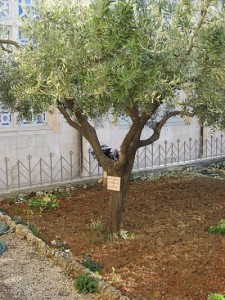Tradition
Peter Eisenstadt
The Folksbiene, the National Yiddish Theatre, recently celebrated its 100th anniversary in New York City, by holding a tribute to “Fiddler on the Roof” on its 50th anniversary. The Folksbiene is a venerable organization, as its age would indicate, dedicated to keeping alive the tradition of Yiddish theater for an audience that, with a few exceptions, is not Yiddish speaking, accomplishing this remarkable feat through the use of titles, musical programs, the occasional foray into English, and other stratagems.
